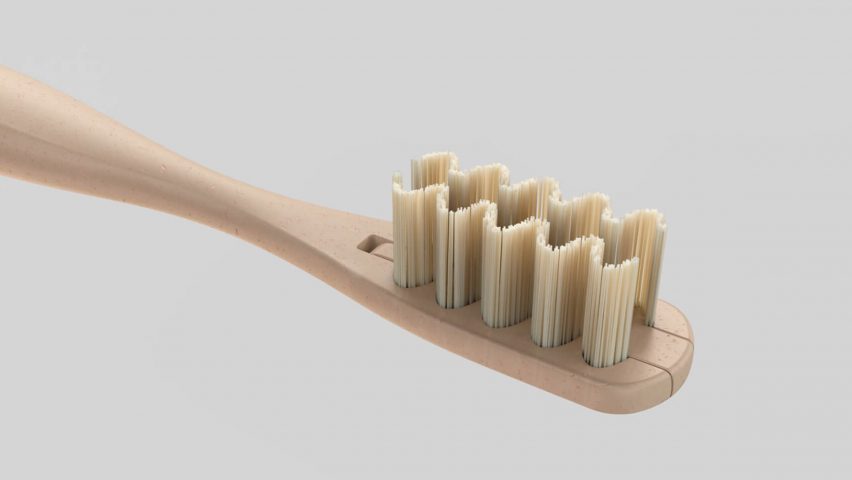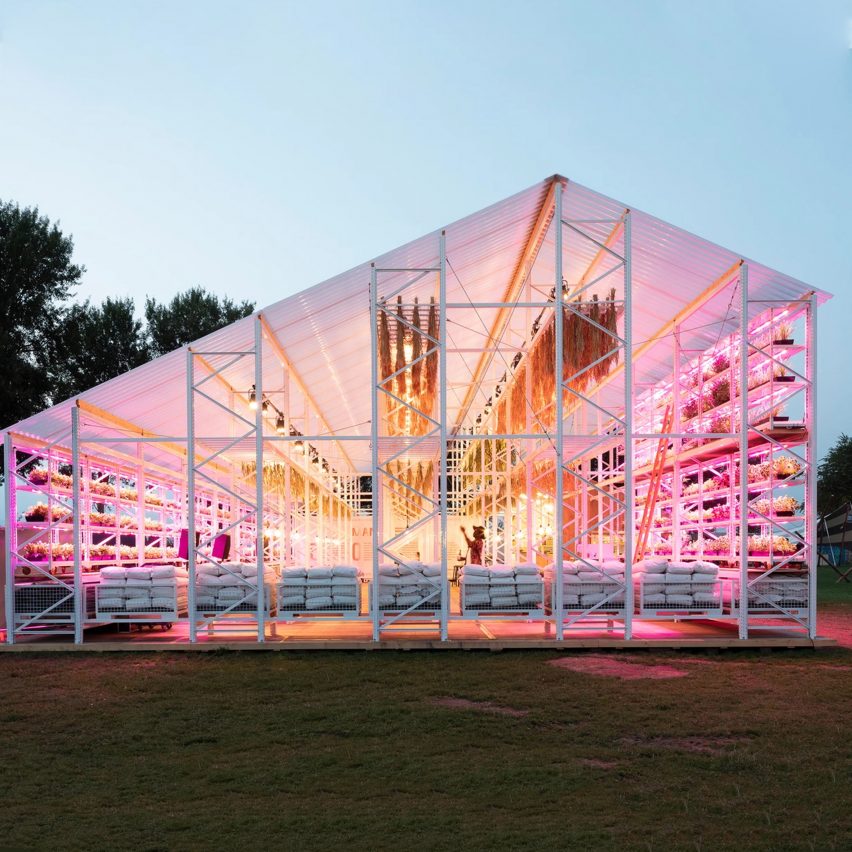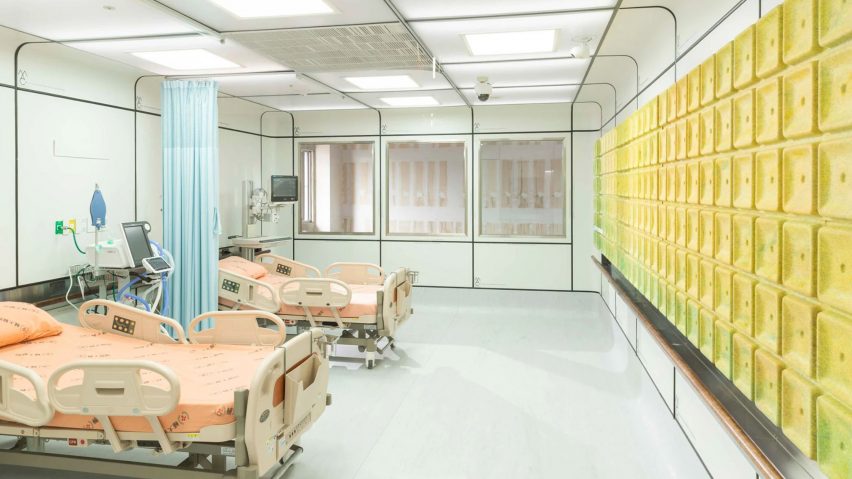
Designers discuss how the industry can "radically redesign the world" in Make it Circular Challenge
Promotion: as part of creative platform What Design Can Do's Make it Circular Challenge, four designers discuss circular design and the industry's responsibility to "radically redesign the world we live in".
The Make it Circular Challenge calls on creatives to submit imaginative ideas that prevent waste "from what we eat and wear, to why we buy and how we build" and aims to prompt designers to develop sustainable products and processes.

As part of the challenge, four international designers are featured in a series of videos discussing how the design industry can reimagine a fairer and more sustainable world, and why other designers should also take part in the challenge.
The featured designers are engineer and co-founder of design studio Miniwiz, Arthur Huang; tech company Fairphone founder, Bas van Abel; head of the Carla Fernandez fashion house, Carla Fernandez; and founder of composting company Daily Dump, Poonam Bir Kasturi.
Carla Fernandez runs her own fashion house
In her video Fernandez, a fashion designer who works closely with artisans based in Mexico, brings up the trend of disposable and throw away fashion, which she explains "shouldn't be an option".
Instead, Fernandez promotes circularity, which she says is central to her design process. She explains how she focuses not only on the lasting beauty of a product, but the "beauty" in how products are made.
"When I started making fashion, I didn't have any other choice than doing it the right way. It shouldn't be an option to make it fast," said Fernandez. "It shouldn’t be an option to be thrown away."
Poonam Bir Kasturi is founder of Daily Dump
Founder of Bangalore-based Daily Dump, Kasturi says that circular design is a "no-brainer".
She explains that as our cities become denser and larger, it is important that we develop sustainable processes to deal with food waste and how this can be a great material.
Kasturi gives the example of how Daily Dump produces and sells composters, and says that composting is the "blueprint" of what circularity is.
"I was wondering how design could actually intersect with large messy problems like waste," Kasturi said. "We want people to re-look at waste and reimagine how it is a resource and not something that needs to be sent to landfill."
"Composting I think is the blueprint of what circularity is," Kasturi continued. "It's such a simple action to keep inside your home and make compost. How can that be? Join the Make it Circular challenge!"
Bas van Abel's company Fairphone is designed to be good for people and the environment
According to What Design Can Do, some of the most innovative designs have been born from frustration. Speaking of this in the video, Fairphone founder Abel states that if you can't open an object "you don't own it" and how people throw away a lot of products that they could still use.
"One day my son came to me with a broken Nintendo," Abel said. "They use special screws to make it difficult for people to open it…and that made me really pissed to throw away something I knew I could still fix."
"How much do we know about devices? What happens behind the scenes, who made it, what is it made of, where does it end up when I don’t use it anymore?" Abel continued.
Abel explains that Fairphone designs smartphones that are created to be "fair", which means they are good for the environment and people, and calls for other designers to adopt the same principles.
Engineer Arthur Huang is co-founder of Miniwiz
In the final video, engineer Huang says that every product made by his company Miniwiz is modular and can be redesigned back into its original form, enabling the product to have "multiple lives".
"We see trash as a possibility," said Huang. "It is not trash, it is just misplaced resources, and we find that very exciting to turn that into something that's unimaginable."
"Every product we design can be disassembled, so everything is modular so everything can be separated back to its original form and content. So material not only has one life, it has multiple lives," Huang continued.

What Design Can Do's campaign is in partnership with the IKEA Foundation and aims to highlight the detrimental impact of how humankind has produced, consumed and thrown away "so much stuff".
The organisation says that building a circular society that restores resources rather than depletes them is "one of the greatest challenges facing our generation".
The Make it Circular Challenge runs until 31 January 2023. For more information on how to submit, visit What Design Can Do's website.
Partnership content
This article was written by Dezeen for What Design Can Do as part of a partnership. Find out more about Dezeen partnership content here.